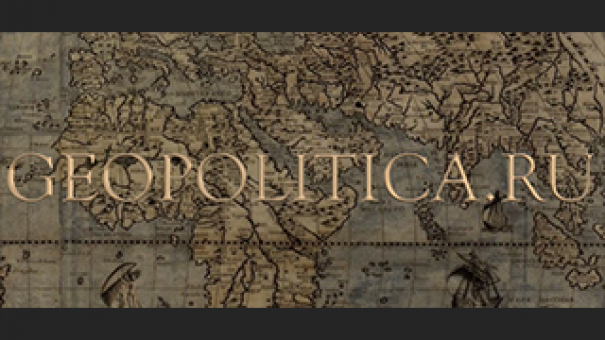Australia doesn't support Brexit
Britain leaving the European Union "is not in Australia's interests", the country's foreign minister Julie Bishop has told Prime Minister David Cameron. Bishop met Cameron in Washington, DC, this week, at the Nuclear Security Summit. In sideline talks, she made it clear that her government was backing a "remain" vote at the UK's upcoming referendum.
"I had a very positive meeting with the British PM David Cameron," Bishop told reporters in the American capital following their meeting. "I took the opportunity to inform him that while Australia acknowledges that the referendum on Brexit is a matter for the British people, Australia believes it would be in our interest if a strong United Kingdom remained a part of the European Union."
She added: "The EU is a significant trading partner for us, a strong UK as part of the European Union would be in Australia's interests."
Bishop's remarks represent a generational volte face for Australia. The UK's entry into the Common Market in 1973 was heavily panned Down Under at the time. Critics saw the move as an upheaval of the nations' historically close links – and were upset at the loss of favourable trading tariffs. However Australia's main trading partner is now China, which buys 31% of its exports, compared with Britain's more modest 2.5%.
That said, many British eurosceptics believe that renewed trading relations with Australia's 23 million consumers – and those of other Commonwealth countries – could partially replace the potential loss of the EU's 444 million.
Conservative MP David Davis, a leading eurosceptic, spoke of the "opportunity to renew our strong relationships with Commonwealth and Anglosphere countries" in a recent speech.
He said: "These parts of the world are growing faster than Europe. We share history, culture and language. We even share similar legal systems. The usual barriers to trade are largely absent."
The referendum on whether Britain remains a member of the EU will be held on 23 June.



